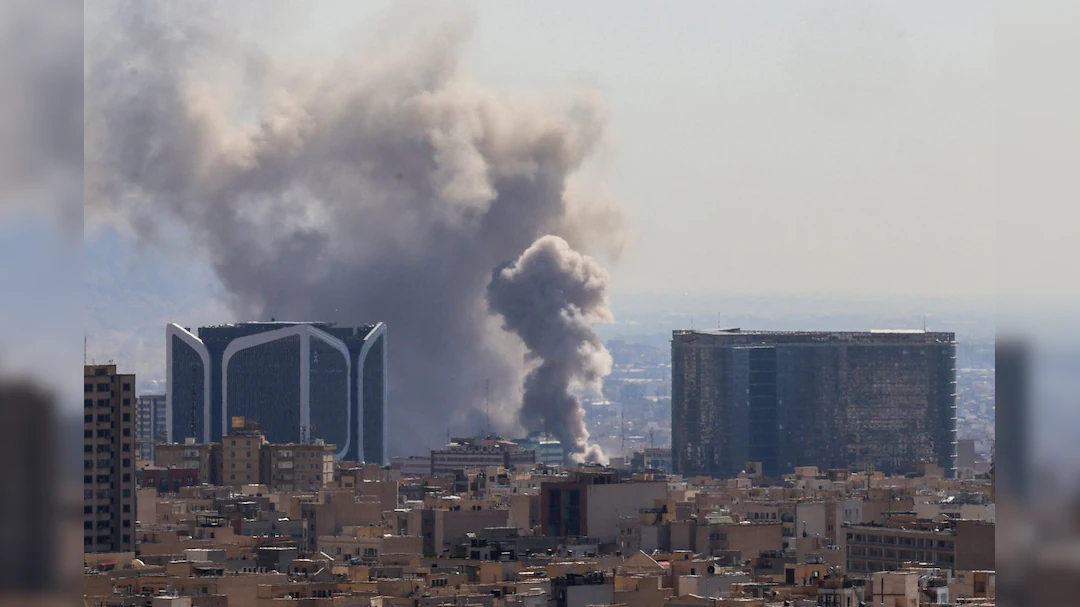By Manisha Sahu | America News World | November 9, 2025
Peace efforts between Pakistan and Afghanistan have once again hit a wall as the latest round of negotiations in Istanbul ended without an agreement. The two-day talks — mediated by Turkey and Qatar — concluded Friday with both sides accusing each other of derailing discussions aimed at easing border tensions and preserving a fragile ceasefire.

End of a Critical Diplomatic Effort
The Istanbul negotiations marked the third round of peace talks since the Taliban’s return to power in Afghanistan in 2021. Both nations had entered discussions with international hopes pinned on progress toward stability in one of the most volatile border regions in South Asia.
However, those hopes quickly faded. Pakistan’s Defence Minister Khawaja Asif told the private Geo News channel that the “talks are over,” confirming that his delegation would return home with “no plan for any future meetings.”
He further stated that while the ceasefire remains in effect, its continuation depends entirely on Afghanistan’s actions. “The ceasefire will continue as long as it is not violated from the Afghan side,” Asif said, indicating a complete stalemate.
Afghanistan Blames Pakistan for the Breakdown
Afghanistan’s chief government spokesman, Zabiullah Mujahid, countered Asif’s statements, blaming Islamabad for the collapse. Speaking to the Associated Press, Mujahid accused Pakistan of making “unreasonable demands” that derailed the process.
“The talks could not proceed because Pakistan’s demands were unacceptable,” Mujahid said. “The meeting ended and the talks are at a standstill for now.”
Speaking from Kandahar, the Taliban’s power center in southern Afghanistan, Mujahid added that Afghanistan “does not want insecurity in the region,” emphasizing that “war is not our first choice.”
However, he warned that Afghanistan is fully prepared to defend itself if tensions escalate. “If war breaks out, we have the right to defend ourselves,” he asserted, while also stressing that “Afghanistan will not allow anyone to use its territory against another country.”
Mutual Accusations Over TTP Militancy
At the heart of the dispute lies Pakistan’s long-standing allegation that Afghanistan harbors militants from the Tehreek-e-Taliban Pakistan (TTP), a banned group responsible for a sharp rise in attacks across Pakistan in recent years.
Islamabad insists that the Taliban leadership in Kabul provides safe haven to TTP fighters and allows them to regroup and launch cross-border assaults. Kabul has denied these allegations, maintaining that it does not permit any militant activity targeting neighboring countries.
Mujahid reiterated that position during the Istanbul talks, arguing that the TTP’s existence predates the Taliban’s 2021 takeover. “The TTP is not our creation. It existed long before the Islamic Emirate returned to power,” he said.
Pakistan Says Afghan Delegation Was Unprepared
Minister Khawaja Asif criticized the Afghan side for what he described as a lack of seriousness. He told reporters that the Afghan delegation arrived “without any program” and refused to commit to a written agreement, offering only verbal promises instead.
“There is no plan or hope for any fourth round of talks,” Asif declared. “Talks have entered an indefinite pause.”
The breakdown came just a day after cross-border clashes left four Afghan civilians dead and five others wounded, highlighting the volatility of the situation even as diplomats sought peace in Istanbul.
Ceasefire Under Pressure
The fragile ceasefire between the two countries has been under constant strain since Pakistan’s airstrikes last month on alleged TTP hideouts inside Afghan territory. Pakistan claimed the strikes killed dozens of insurgents, while Afghan officials said civilians were among the dead, accusing Islamabad of violating Afghan sovereignty.
In response, Afghan forces reportedly retaliated by attacking Pakistani military positions, resulting in heavy casualties on both sides. Afghan sources claimed 58 Pakistani soldiers were killed, while Pakistan’s military confirmed the loss of 23 troops.
The escalation prompted Qatar to broker a temporary ceasefire on October 19, which, despite several skirmishes, has largely held. However, following the failed Istanbul talks, analysts fear renewed hostilities could erupt along the border.
Border Closures and Humanitarian Fallout
Since mid-October, Pakistan has closed all major border crossings with Afghanistan, further worsening the humanitarian situation in the region. Although the Torkham crossing was briefly reopened last week to allow stranded Afghan refugees to return home, the flow of goods and people remains severely restricted.
The closure — imposed on October 12 — has disrupted crucial trade routes linking South and Central Asia, stranding hundreds of trucks on both sides. Traders report millions in losses, while food and fuel prices have surged in Afghan border provinces.
Mass Deportations Add to Strain
Adding another layer of tension, Pakistan continues its nationwide deportation campaign targeting undocumented foreigners, most of whom are Afghans. According to officials, over one million Afghan nationals have been sent back since 2023 under the repatriation drive.
Islamabad insists the move is necessary for national security, citing the rise in militant violence allegedly linked to Afghan networks. However, humanitarian agencies and rights groups have condemned the campaign, warning of worsening refugee crises and human rights violations.
Regional Implications and Uncertain Future
The collapse of the Istanbul talks underscores the deep mistrust between Pakistan and Afghanistan. For Turkey and Qatar — the two mediating nations — the breakdown represents a major diplomatic setback after weeks of shuttle diplomacy aimed at preventing another regional conflict.
International observers warn that the failure to establish dialogue could undermine regional stability, embolden militant groups, and jeopardize ongoing humanitarian efforts in both nations.
While both sides publicly insist they prefer peace over confrontation, the absence of trust and clear communication channels threatens to undo the limited progress achieved since the October ceasefire.
As of now, there is no plan for renewed dialogue, and officials from both nations have returned home, leaving one of South Asia’s most volatile borders on edge.
Discover more from AMERICA NEWS WORLD
Subscribe to get the latest posts sent to your email.

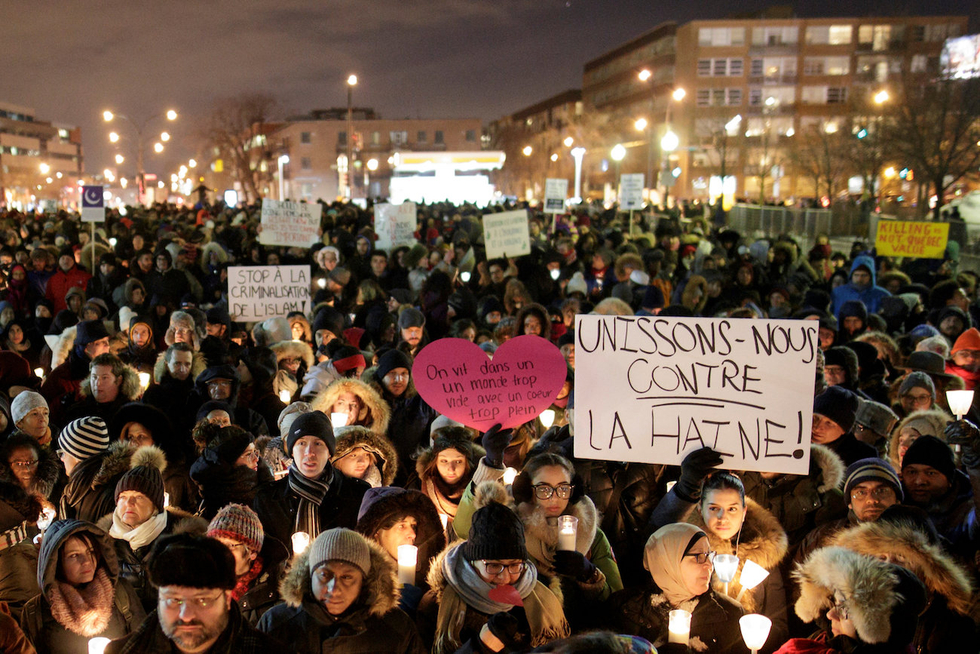

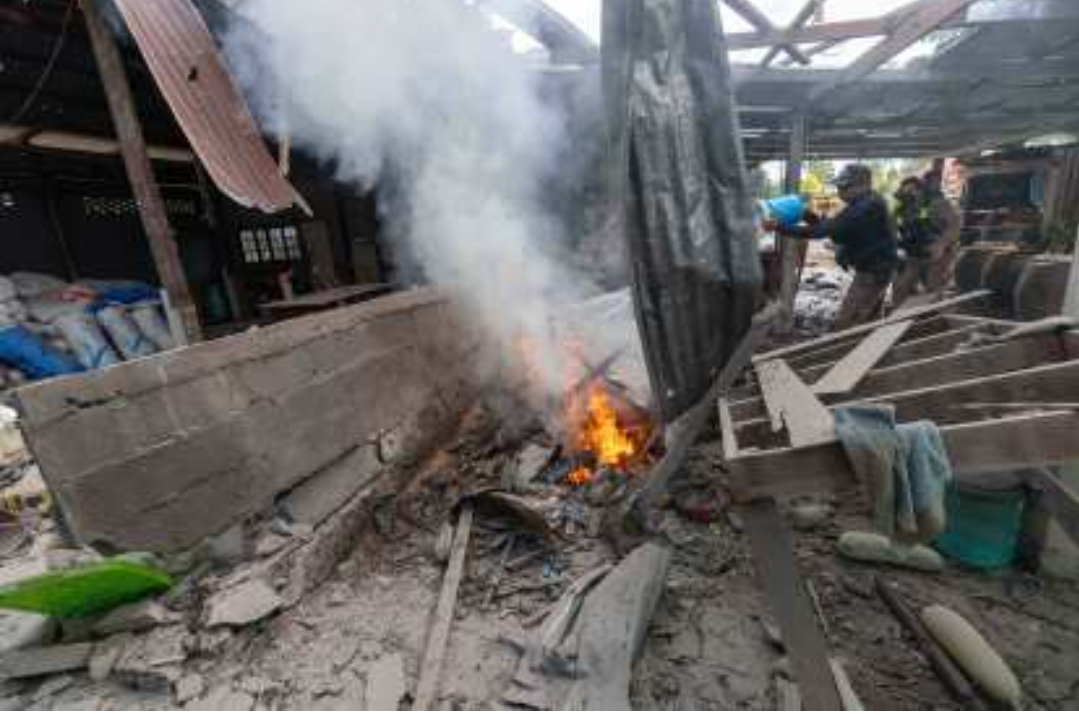



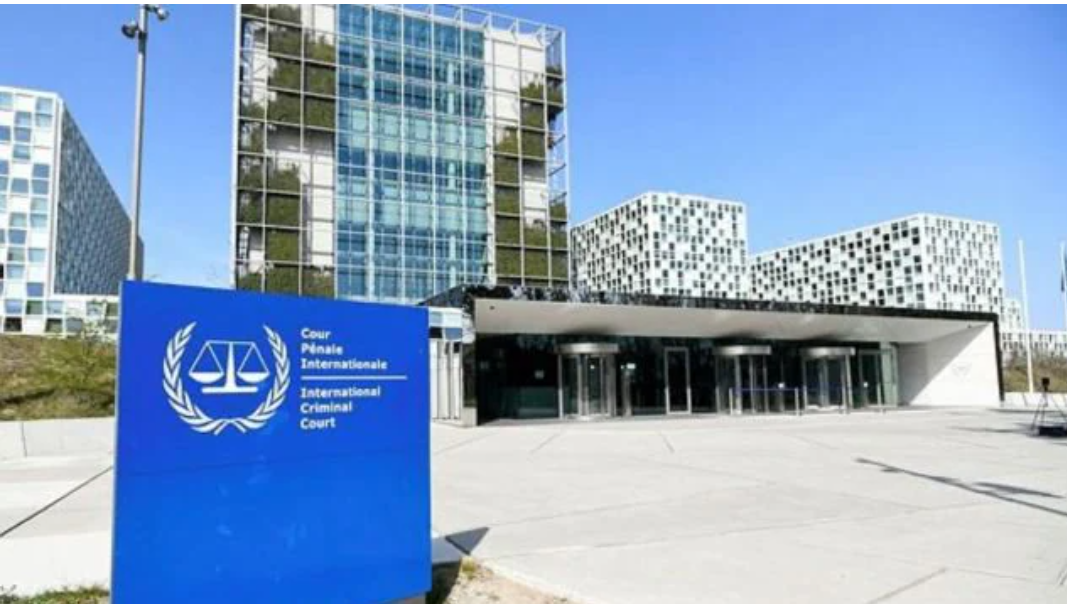

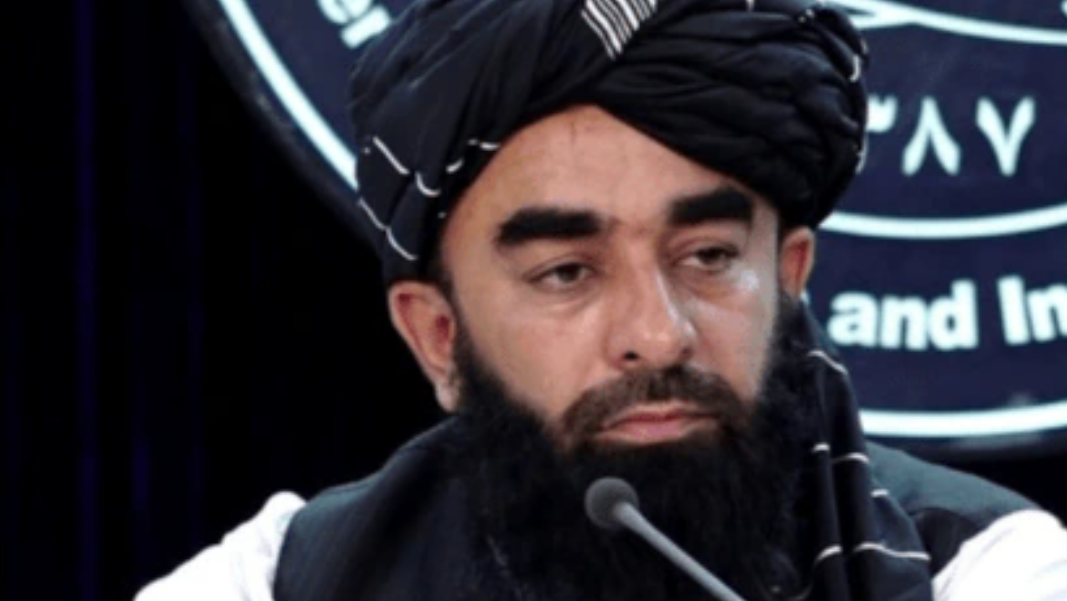






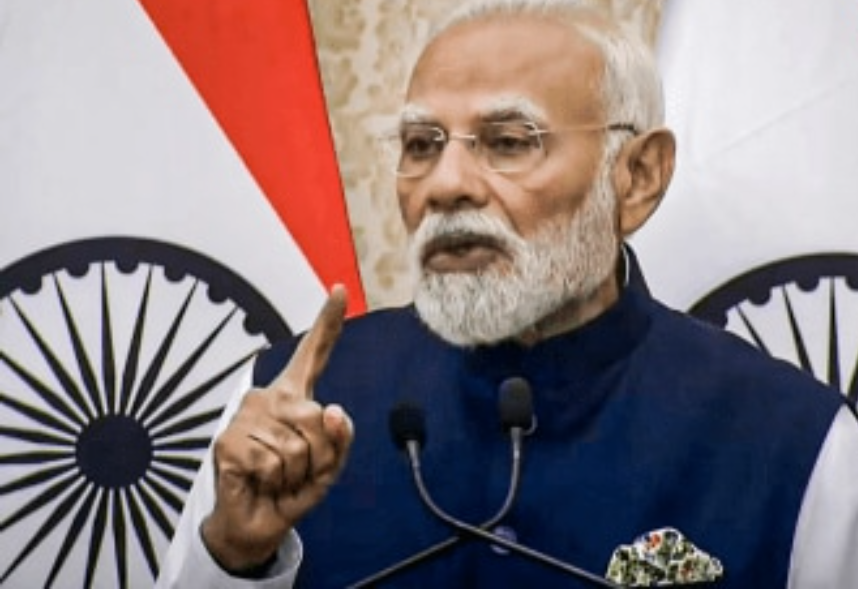

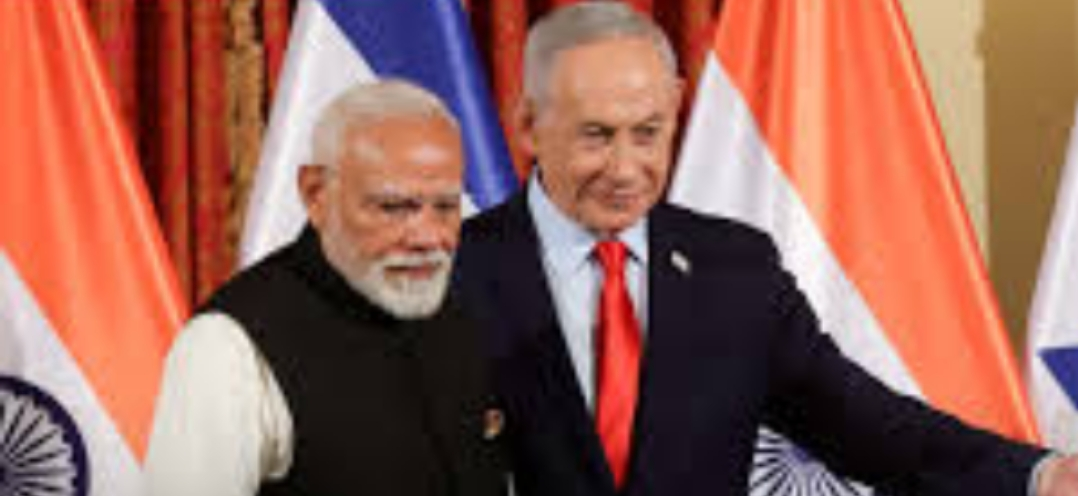
![Smoke rises after Israeli strikes in Beirut's southern suburbs, on March 2 [Mohamad Azakir/Reuters]](https://america112.com/wp-content/uploads/2026/03/hgh.webp)
